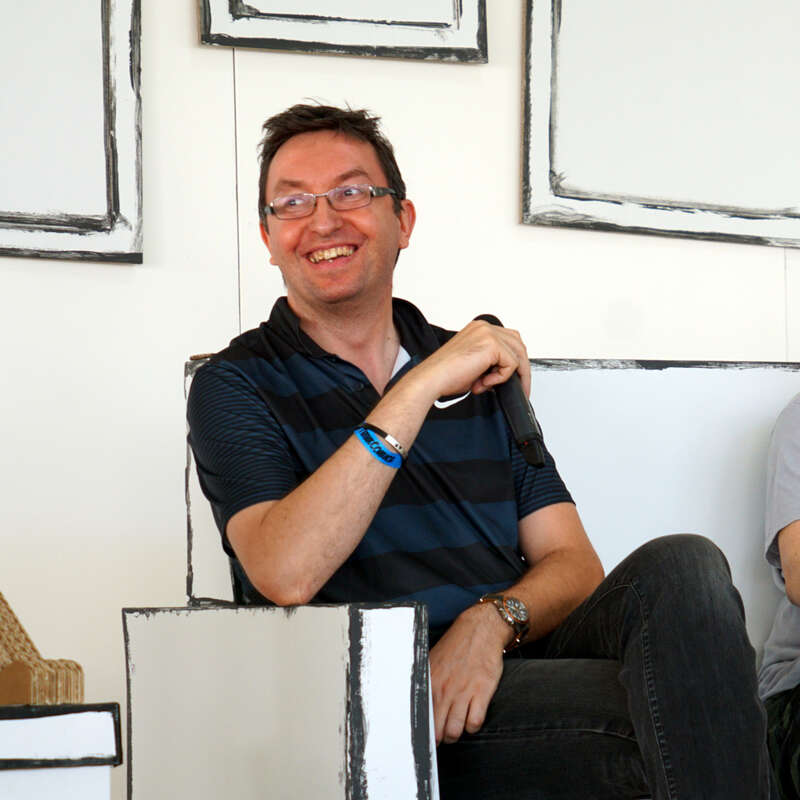Internet and Copyright: the time dilemma (part 1)

- 2017-11-20
- Sebastian Zdrojewski
- Copyright
Create something, publish it, share it, and wait for the results to come. Either likes, comments, retweets, “loves” and so on, it tends to be the main thought for the moment. As time passes by, our interest moves on to create something new, to publish it, to share it, and again, wait to see the results.
The Internet and Social Media changed everything.
Time flows faster, and yet we have less time to do anything. Patience and “having time” are no longer something we can relate to. Everything can be done faster, from our minds to the world in a few hours, sometimes even less.
Our memory has changed as well. It’s shorter. While we keep thinking of the future, we tend to slowly abandon the past, forgetting what we’ve done one, or two weeks ago. We don’t need to remember it; the Internet does it for us. A massive historical archive of all we’ve done.
But here’s the tricky part. Unlike our own memory, the Internet is an open archive for all to see. Someone is always watching our memories, what we’ve created in the past, and admiring it. And possibly copying it.
What usually happens, is that someone finds a “memory” they like, they copy it and make it their own. “They found it on the Internet”, so it’s free to use and for free. Perhaps you won’t even notice until it’s already happened, if you’re lucky enough to find out, or someone finds out. But it’s too late: your primary right on what you created is lost. The moral right of authorship. Even worse if it’s done for money: someone will earn from your creations and stealing the profit from you.
Copyright is a given right of any Author or Artist creating something original and new.
During our continuous research we keep finding samples of pictures which have been around for years. For instance, we found pictures used in different newspapers dating back to 2008. Meaning that the right of the original photographer might be omitted since the picture was already online and “free to use” by anyone who saw it. That’s not how it works, however, and Artists (of any kind) should not be left on their own as time passes by.
What if there was a simplified way of registering a “proof” of authorship of your work? Be it a picture, a drawing, an illustration or any other kind of digital file, associate it with a licence of use and have it stored in an unchangeable and yet publicly verifiable way? Simply put, an archive of Digital Artworks where Artists can upload their creations, associate a license (currently a generic All Rights Reserved Copyright and the Creative Commons standard set of licences). A copy of the original file is stored on our archives (for the Artist’s use only) and a link showing the licence associated with that Artwork is provided to the Artist. A “short-memory-proof” system that allows Artists to keep their artwork online in case of need. They can keep creating and thinking of their future, as we help them keeping track of their “past”.
This is the first stage of a comprehensive and simplified set of tools we are developing for Digital Artists, so they can create more and share as much as they like. Safely. Future-proof.
